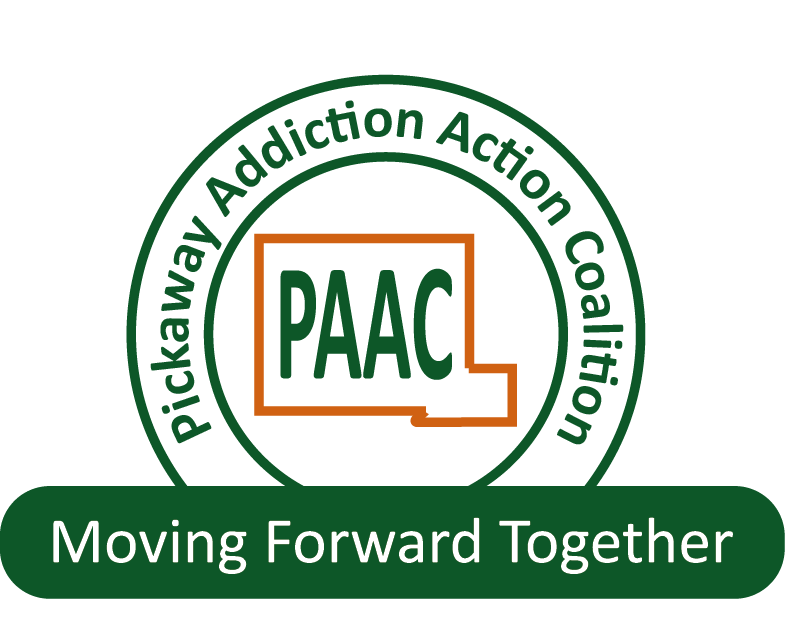Know! Strategies for a Substance-Free Summer
Summer is a time for many young people to take a break from the stress of school, enjoy their increased freedom, and have some fun. More free time and less adult supervision can make summertime particularly exciting for young people, and it’s important to encourage them to have fun during the school break.
Unfortunately, the same things that make summer fun for young people can also lead to them trying substances for the first time. Increased social activities during the summer can increase the availability and accessibility of alcohol to young people. More free time and less supervision can create opportunities for risk-taking, including trying substances.
This summer, take the time to help young people build and maintain the skills to support a happy, healthy, and substance-free life. Consider these tips as you plan for a substance-free summer with the young people in your life.
For preschoolers and kindergarteners (ages 0-5)
Lay the foundation for summer learning
Learning doesn’t have to end just because school does. Reading is one of the best ways to continue learning throughout the summer. The Search Institute identifies reading for pleasure as one of the 40 developmental assets young people need to make good choices, take responsibility for their lives, and be independent and fulfilled. By reading aloud to a child and providing them with access to books, you can build a lasting connection and prepare them for success in the future.1
If you have a child ages 0-5, a great way to start summer reading is by enrolling in Dolly Parton’s Imagination Library of Ohio. Dolly Parton’s Imagination Library of Ohio will mail children one free book each month until their 5th birthday. Any child in Ohio between birth and age 5 is eligible for the program, which is free to families.
Take a break from school, not from structure
While it may be tempting to break from your usual routine, young children will benefit from the predictability of a schedule. Try to develop a flexible schedule that includes activities like story time, going to the playground, play dates, and unscheduled free time, like board games, crafting, and playing outside. Establishing a routine can help children remain comfortable and give them time to develop new skills at home.2,3
Emphasize taking care of our bodies and minds
Explaining the importance of caring for your body and mind can help encourage young children to practice healthy habits. Talk about how you care for your body – eating healthy foods, exercising, and getting a good night’s sleep – and how you care for your mind – by practicing gratitude, doing a creative activity, or using breathing exercises, for example. Share how caring for yourself makes you feel good and helps you do what you want. Be sure to talk about the things you avoid because they are bad for your body and mind. For example, you might point out dangerous substances that already exist in the child’s world, like the chemicals found in cleaning products, and help them to avoid those substances.4
For elementary school-aged children (ages 6-11)
Turn screen time into quality time
While it’s not practical to avoid screen time altogether over the summer, try to use the times when children usually use screens as a time to create a connection. Replace screen time with fun games that get children moving, like having a dance party or playing charades. Teach children the games you played as a kid and have them teach you the games they like to play with their friends. In doing so, you’ll create those bonding moments that last a lifetime and help to limit the time the young people in your life spend on their screens.2,5
Find activities that suit your young person’s strengths
Beating the summer boredom can be especially difficult if your planned activities aren’t geared towards your child’s strengths and interests. Take the time to talk with your young person about their skills and interests. Find an activity that encourages them to develop those skills. If your child loves drawing, you might find an art class offered by your local parks and recreation department. If they love gaming, you might find an online coding class or create a scavenger hunt in your backyard. Finding an activity that works with your young person’s strengths will help them to feel good about themselves. Children with higher self-esteem are more likely to resist pressure to engage in risky behaviors, like substance use.3,6
Get to know the children and adults they’re spending time with
Children spend a lot of time over the summer on play dates, hanging out with friends, and in their friend’s homes. Get to know their friends and ensure you always know with whom and where your young person is. Check in with their friends’ parents to ensure they are on the same page about prohibiting substance use, especially when their home is used for a party or sleepover. Don’t be afraid to send a text to your young person or call the adults supervising them to check in.4,7
For preteens and teenagers (ages 12-18)
Set summertime rules
Be clear about your rules for teens who spend time unsupervised with their friends and your expectations around drinking, smoking, and other risky behaviors. Ensure your teen knows the consequences for breaking the rules and that you will enforce the consequences. Remember that consequences should be “reasonable, enforceable, and short-lived.” Try to notice and point out when they make smart decisions and follow the rules – positive reinforcement can go a long way.4,7
Encourage healthy risk-taking
Teenagers take risks as part of their natural identity development. Risks don’t have to be dangerous, like vaping or drinking. Healthy risk-taking can build teens’ confidence and develop essential life skills. Work with your teen to brainstorm safe and healthy ways that they can express their energy and desire to take risks. Ask about what excites them and work to find a healthy challenge that produces the same feeling of excitement that they get from taking a risk.8
Help them get active in the community
Encourage your teen to spend time with friends while participating in your community. Look for opportunities for them to volunteer or become involved with civic activities in the community. Volunteering can allow teenagers to develop relationships and social skills and be physically active. Encouraging their involvement in the community can also help them to feel valued, which can decrease their likelihood of using substances.1,5,9
Resources
- Enroll — Dolly Parton’s Imagination Library of Ohio (ohioimaginationlibrary.org)
- Give Your Kids a Healthy Body and Mind This Summer (cdc.gov)
- Prevention Tips for Every Age – Partnership to End Addiction (drugfree.org)
Sources
- The Developmental Assets Framework – Search Institute (search-institute.org)
- How to Have a Successful Summer: Building Deeper Connections with Your Kids (nationwidechildrens.org)
- Strategies for a Successful Summer Break – Child Mind Institute
- Prevention Tips for Every Age – Partnership to End Addiction (drugfree.org)
- Give Your Kids a Healthy Body and Mind This Summer (cdc.gov)
- Middle Childhood (9-11 years old) | CDC
- Teen Summertime Substance Abuse – Bradford Health Services
- Healthy Risk Taking – Partnership to End Addiction (drugfree.org)
- Adolescence (15-17 years old) | CDC









